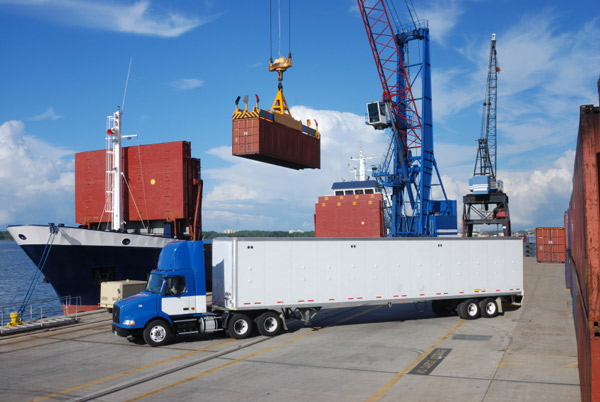
Intermodal Freight Shipping Benefits
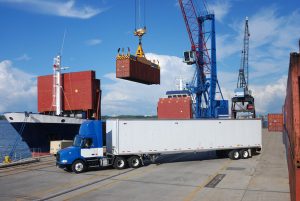 Intermodal shipping is a method of moving freight using more than one mode of transportation. The most common form of intermodal shipping is using truck and rail, but it can also involve ships or planes. The intermodal process most often begins with a container being moved by truck to a rail, and then back to a truck for delivery at the final destination. Intermodal shipping can be an appealing option for shippers domestically and internationally because it lessens the amount of handling performed with the cargo, and in turn lowers shipping costs. Not sure when to use this method of shipping? Let’s take a look at some of the benefits intermodal shipping offers.
Intermodal shipping is a method of moving freight using more than one mode of transportation. The most common form of intermodal shipping is using truck and rail, but it can also involve ships or planes. The intermodal process most often begins with a container being moved by truck to a rail, and then back to a truck for delivery at the final destination. Intermodal shipping can be an appealing option for shippers domestically and internationally because it lessens the amount of handling performed with the cargo, and in turn lowers shipping costs. Not sure when to use this method of shipping? Let’s take a look at some of the benefits intermodal shipping offers.
Cost-Efficiency
Intermodal shipping is one of the most cost-efficient shipping methods available. Since more than one transportation method is used in this process, cargo that is moved by rail transportation instead of trucking can save on fuel costs. Intermodal shipping is often used for long distances, and it is estimated that one ton of freight can move 450 miles on a single gallon of fuel, which is much more cost efficient than trucking.
Reliability and Security
The most persuasive aspect of intermodal freight shipping is that it’s a more secure and reliable way to ship compared to other modes of transportation. Intermodal transportation lowers the number of times freight is handled, reducing the risk of loss or damage. Though not always the fastest choice, the improving reliability of intermodal shipping is another benefit due to North America’s comprehensive rail network that makes it possible to deliver shipments across the country and everywhere in between within a reasonable time frame. As LTL and Truckload capacity continues to tighten, intermodal transportation has become more reliable.
Reduced Carbon Footprint
Intermodal transportation is environmentally friendly compared to single modes of transportation such as trucks. As focus on green initiatives continue to rise, it’s important to move goods by choosing the way that has the least negative impact on the environment. On average, trucks emit around 20 pounds of CO2 per 100 miles, where as a train only emits 5 pounds or less over the same mileage. Using more than just trucks for shipping is a smart way to reduce carbon footprints.
Is Intermodal The Right Choice For My Shipment?
- The longer the distance a shipment needs to travel, the more likely that intermodal shipping is a good choice. For any freight moving more than 500 miles or longer than one day by truck, this method of transportation may make sense.
- Intermodal transportation is most suitable for finished goods in loads weighing less than twenty tons.
- Freight with intermediate values are better suited for intermodal shipping. High value shipments are often sent via air freight because it is the most direct method of shipping. On the other hand, low value shipments frequently travel via rail or ocean freight.
- If the shipment is not urgent, intermodal may be the right choice due to the cost savings of this transportation method.
- If you continuously send multiple LTL shipments to the same location, you may want to think about switching to intermodal shipping.
Are you considering intermodal for your next shipment? Contact us today and find out how Logistics Plus can help you manage your shipments from start to finish while saving you time and money.


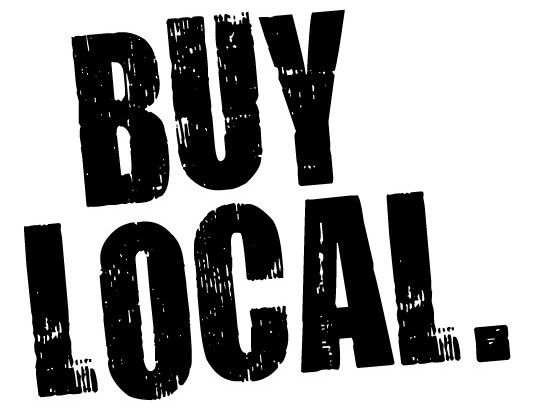
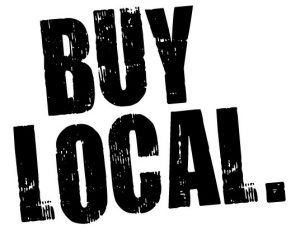 Logistics Plus appeared again in November’s edition of the Lake Erie Lifestyles magazine, a monthly publication circulated by Erie Times-News and
Logistics Plus appeared again in November’s edition of the Lake Erie Lifestyles magazine, a monthly publication circulated by Erie Times-News and 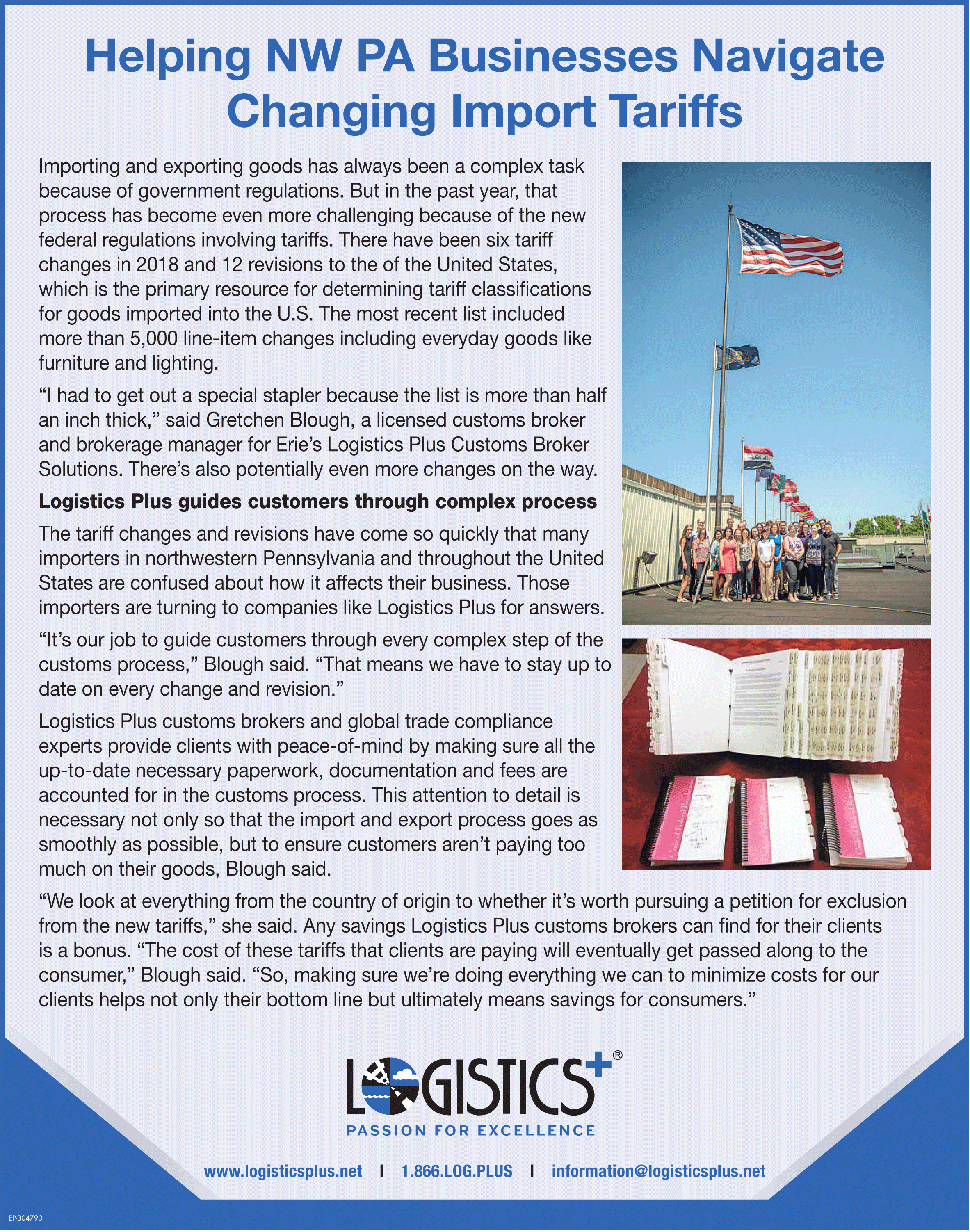

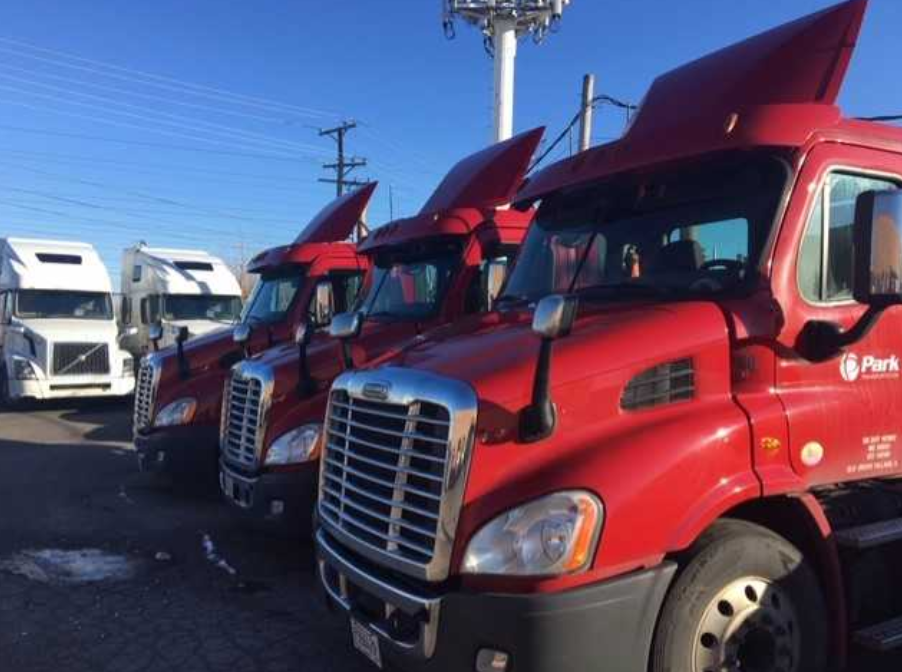 As this year ends, 2019 is poised to be a banner year for the
As this year ends, 2019 is poised to be a banner year for the 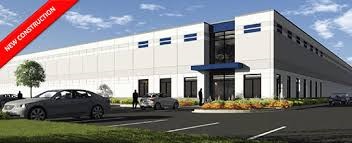
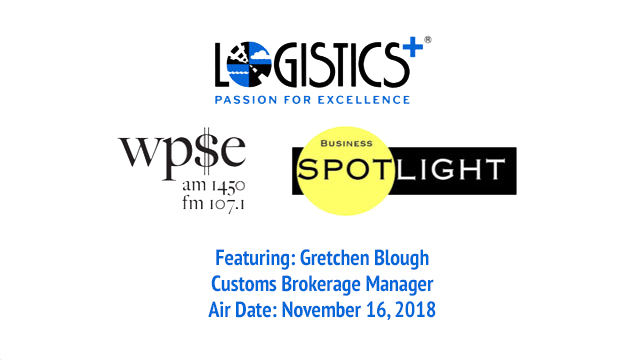
 In case you missed it,
In case you missed it, 